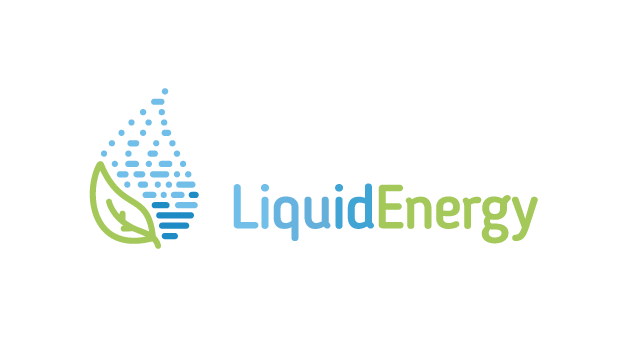

The Department of Environmental Protection under the Interreg South Baltic Program 2014-2020, participates in EU project called Liquid Energy - Liquefied (bio-) gas as a driving force for development and use of green energy technology. The Maritime Institute of the Gdynia Maritime University is the Lead Partner of the project.
The alternative fuels as independent power supplies are becoming increasingly significant, even if it that means increases in energy costs. These fuels also make a significant contribution to improving environmental performance, such as reducing CO2 and pollution emissions. However, a particular technical challenge associated with the energy transition is the storage and distribution of high volumes of energy, for example in the form of liquid biogas or natural gas. This is the specific technological issue that the Liquid Energy project addresses, jointly developing solutions and creating a platform for a broader and more universal use of (bio-)LNG in a micro/nano form (e.g. in decentralised energy supply system) as an alternative fuel in the future.
The most important goal of the project is a contribution to solving technical problems and popularisation of a decentralized (regional) energy conversion with simultaneous local consumption including transport of alternative fuel. To achieve this goal, the project divided all necessary aspects of its content into:
-
WP3, which is focused on creating a cooperation space necessary for interaction between focal actors accelerating development and use of (bio-) LNG technology, products and services in the micro and nano scale
-
WP4, which is focused on presenting possible application of the (bio-)LNG-based technology to raise awareness about added value of (bio-) LNG related technical solutions and to increase knowledge about their practical contribution to strengthening environmental sustainability and economic innovation of the South Baltic region.
Furthermore, the cooperation of project partners from Poland, Germany and Lithuania allows for joining existing resources, knowledge and relevant actors on cross-border level and significantly contributing to the creation of critical mass and unlocking (especially) business cooperation in this technological area. All of which creates for a way for utilising the untapped potential of (bio-) LNG as an alternative energy source.
Duration: 01.01.2020-31.12.2022
European Regional Development Found: 1,681,181.00 EUR
More information on the project site: www.l-energy.org














 Polski
Polski English
English